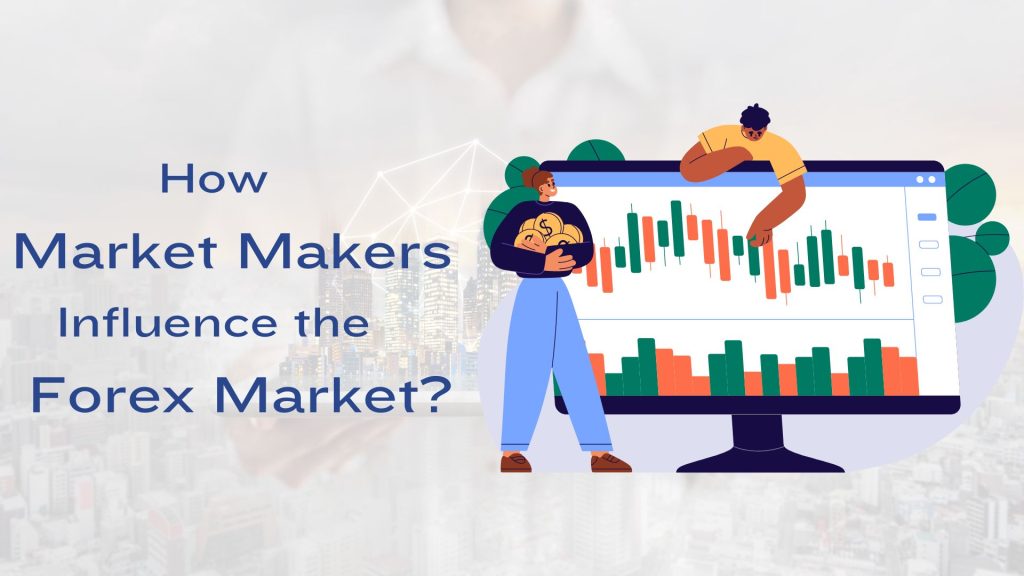
How Market Makers Influence the Forex Market?
Market makers play a major role in the Forex market. They provide the necessary liquidity to ensure swift and efficient trade execution by consistently offering to buy (bid) and sell (ask) currencies. This helps stabilize prices and maintain market flow.
Who Are Market Makers?
Market makers are key participants in the Forex market, including institutional entities, like banks and financial institutions, and retail market makers, catering to individual traders and smaller institutions. Their primary function is to ensure liquidity. They guarantee that there are always enough buy and sell orders to meet trader demands. It is necessary for the smooth operation of the Forex market. It allows traders to execute their trades instantly without waiting for a matching buy or sell order. Market makers set bids and ask prices for currency pairs to achieve this.
Contact us to promote your brand on our platform!
How Market Makers Manipulate the Forex Market
Market manipulation by these market changers involves strategies that allow them to influence the Forex market to their advantage. These tactics maximise profits but can have significant consequences for retail traders unaware of these practices. These are some common tactics they follow for manipulating the market:
Spread Manipulation
One common tactic is spreading manipulation. Here, market makers adjust the difference between the bid and ask prices. They can increase transaction costs for traders by widening the spread. It boosts their profits. Conversely, tightening the spread in certain situations can encourage trading in volatile or less popular currency pairs.
Also, read Comparing Market Makers Vs. ECNs – Which is Better?
Front-Running
In front-running, market makers execute large orders before filling client orders expected to move the market in a favourable direction. This practice causes price movement by the execution of these large orders. They benefit from the price movement at the expense of their clients.
Loss Hunting
Market makers move the market price to a level where many traders have set their stop-loss orders in Stop-loss hunting. By triggering these orders, they can create a sudden surge in market activity. They exploit this surge to enter or exit positions at advantageous prices. This tactic takes advantage of the predictable behaviour of retail traders. It manipulates the market for their benefit.
Consequences of Market Manipulation
The practice of market manipulation can have several impacts on the forex market:
Financial Losses for Retail Traders
Retail traders face direct financial losses due to decisions made on manipulated price information. It often leads to trades that result in unexpected losses.
Decreased Market Trust
Market manipulation undermines traders’ confidence in the fairness and integrity of the Forex market. It sometimes reduces participation and affects overall market liquidity.
Legal and Regulatory Implications
Entities engaging in market manipulation face legal consequences, including fines, sanctions, and criminal charges.
Conclusion
Market makers ensure liquidity and facilitate the continuous flow of trades. However, the possibility of market manipulation requires traders to understand their practices and market dynamics.
Sign up today and connect with finance professionals globally and find the ideal trading and liquidity partners.
Follow us on Linkedin to get daily financial updates!





